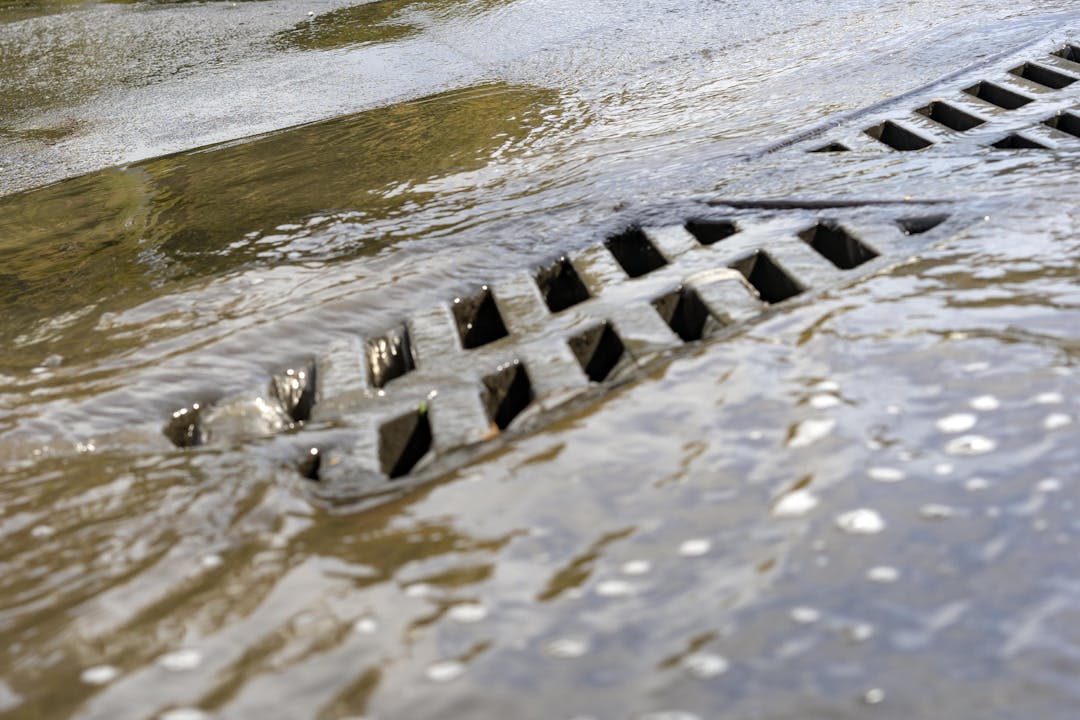Stormwater Utility – Coming Soon?
Share Stormwater Utility – Coming Soon? on Facebook
Share Stormwater Utility – Coming Soon? on Twitter
Share Stormwater Utility – Coming Soon? on Linkedin
Email Stormwater Utility – Coming Soon? link

Project Overview
To ensure sufficient and dedicated funding for increasingly important stormwater management operations and infrastructure, the City of Rehoboth Beach is considering establishing a stormwater utility.
In spring 2023, commissioners authorized development of a stormwater utility implementation plan to address specific anticipated costs and processes. Prior to adoption of the implementation plan and possibly a stormwater utility, the city will develop a comprehensive stormwater management plan and a pervious surface ordinance.
How You Can Be Involved
Learn more about this project by exploring the materials provided. Then, leave a comment for the project team.
Page last updated: 25 Mar 2024, 06:47 AM







Commercial properties in the City have little to no natural area/'green space', and so most, if not all, rain/storm water that lands on commercial properties ends up flowing into storm drains. In contrast, residential properties are required to have at least 50% natural area; the natural area can absorb rain/storm water, and so little to no rain/storm water that lands on a residential property may actually end up flowing into the storm drains. The stormwater billing method being proposed does not take into account the natural area on residential properties. The method being proposed is meant to be used when the percentage of impervious area on all properties in the 'utility' is similar.
If this method is to be used in the City of Rehoboth Beach, the rate for a SWBU needs to be much greater for commercial properties than for residential properties. The 50%+ pervious green space on residential properties must be taken into account or residential property owners will shoulder a grossly inequitable amount of the costs.
The ~100% impervious commercial properties and ~100% impervious streets contribute the bulk of rain/storm water run off.
A simpler, less costly and more equitable way of having designated funding for storm water infrastructure expenses would be for the City to charge commercial properties a stormwater impact fee/surtax. The amount of the impact fee/surtax could be easily & fairly based on the commercial property's known parcel size.
The City of Rehoboth Beach is a tourism destination. Our 4-car-wide streets and our 8-car-wide main street exist to provide parking for tourists. With streets accounting for ~39% of the impervious surface of the City and as ~half of the street surface is for parking, the City could rightly earmark a portion of the revenue collected via parking meters and parking permits that would cover at least ~19.5% of the annual stormwater infrastructure expenses.
You manage stormwater poorly on my street. We have one storm drain for the entire street on my side. Flooding occurs often. How do I get the city to solve the problem they created?
Removed by moderator.
The implementation and administrative costs of a stormwater utility in a town with under 3500 parcels represent a large proportion of the revenue generated. There are more efficient means to collect this funding for essential stormwater upgrades & maintenance. A bump in property taxes together with a lengthening of the parking season to May 1st through September 30th, and additional permit sales by permit enforcement until 10 pm (versus current 5 pm when permits are no longer required on residential streets) would cover the anticipated $1 to $1.5M annual cost. The consultant hired to undertake this project for the City promised to show specifically how calculations would be made, but never did so. The data set available to the City dates from 2016, and therefore doesn't cover a significant percentage of properties which have undergone renovation/rebuilt in the past 7 years. In the event the citizenry is in favor of this impact fee, there should be a tiered assessment schedule, so that small residential properties which absorb a lot of their own run-off within their perimeters pay a lower rate than hotels, for example, with barely any green space. I hope a Town Hall in the future will help property owners understand exactly what is at stake. Listen to the April 19, 2023 meeting video for a primer. As expected with a no-bid contract, the consultant's fee for continued services after April 2023 exceeded what the City had budgeted, so the project is currently in a holding pattern awaiting additional taxpayer funding in early 2024. A straightforward cost-benefit study of this proposed impact fee would reveal it's an overly complex means to share the burden of needed stormwater expenses.
I am concerned about the underground parking garages, part of the new large hotels being planned along the boardwalk. This seems very shortsighted, given the increase in storms and extreme weather we are experiencing. What happens during the next major storm when those beach-side garages are flooded? Where does that stormwater go?
ROR: We should view your map of impervious surface with a few caveats: I believe this is the same map as on page 34 of the Dr. DeLiberty (University of Delaware) report from August 2019 on Delaware Coastal Communities Impervious Surface Coverage. The table on page 22 of that report shows an impervious increase of 3% from 2007 to 2016. However, when Dr. DeLiberty calculated the PRIVATELY OWNED impervious surface change in the ten years, the change only amounted to ¼ of one percent (table page 22). 39% of impervious surface in Rehoboth Beach is streets and right of way. No way to change that at the moment ....... maybe someday.
Thanks for this great topic! Don Key (RB)
The backup on Rodney is due to an undersized stormwater main on Bayard Avenue. When the Bayard pipe is full to capacity, as happens during intense rainfaills, perpendicular streets which drain via the Bayard main, back up. There is a proposed, as-yet-unfunded project to enlarge the Bayard Avenue stormwater system.
I must have missed something. We live on Rodney Street and one of the storm drains is directly in front of our house. The storm water runs to Silver Lake. During heavy rainstorms, and especially at high tide,, the storm drains backup and are overwhelmed and the storm water cannot drain, so Rodney Street floods and the flood waters cover our front yard. I don’t see anything here that indicates how this situation will be improved(?). Maybe I missed it.
Residents who have no issues need not be taxed. Better yet, tack on a room tax and/or house rental tax to tourists. They are going to come regardless of whether a small wastewater tax is added.
This is a much needed project. Considering the high property values in Rehoboth Beach, the fees being discussed seem reasonable to me.